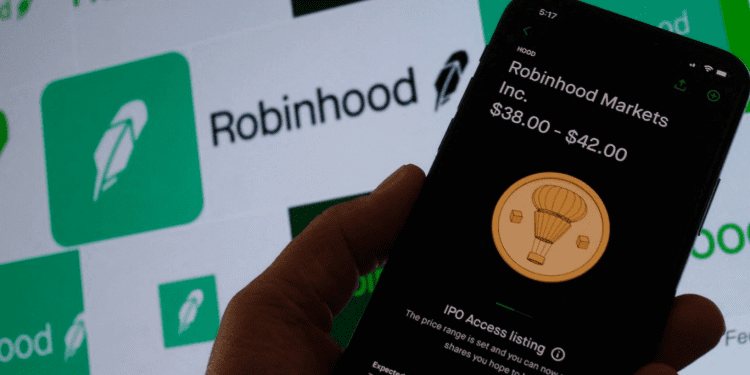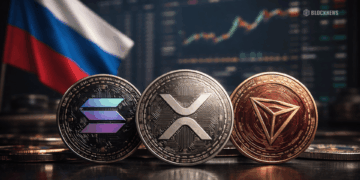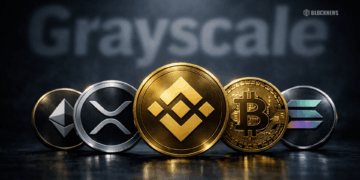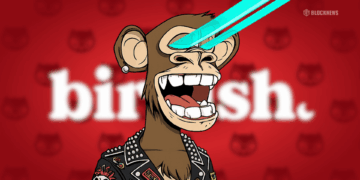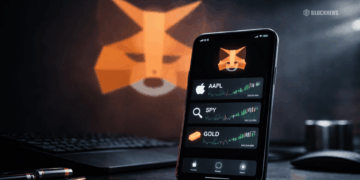- Robinhood is vigorously defending itself against a class-action lawsuit, which alleges the firm lacked transparency regarding its cryptocurrency dealings before its IPO
- The plaintiffs claim that Robinhood didn’t adequately disclose the rise and fall of meme stocks and cryptos, such as dogecoin and GameStop
- Elon Musk, Tesla’s CEO, is fighting a lawsuit alleging he manipulated dogecoin prices in 2021 as part of an alleged pyramid scheme
With a steady resolve, Robinhood is doubling in its legal maneuvering, seeking to cast aside an ongoing lawsuit that accuses the company of insufficient transparency concerning its crypto transactions preceding its IPO.
Robinhood’s lawyers, on May 12, formally requested a dismissal of the persistent class action suit. This comes from a February decision that saw no signs of the US stock exchange-listed company supplying its investors with deceptive or misrepresentative IPO documents in 2021.
In a federal court in San Francisco, US District Judge Edward Chen extended an opportunity to the plaintiffs, who initiated the lawsuit, to present a revised complaint. The current move by Robinhood seems to indicate a desire to shut down the case once and for all, putting a cap on a tumultuous period for the enterprise. Despite a 22% dip in Robinhood’s stock over the preceding year as of Tuesday’s market closure in New York, the firm has rallied, now displaying a modest 1% uptick this year.
Court filings reveal that the plaintiffs maintain that Robinhood failed to expose the rise of the so-called “meme stocks” and meme-infused coins, such as dogecoin and GameStop. Robinhood’s IPO came to light in the summer of 2021, in the immediate aftermath of the early 2021 frenzy for meme stocks.
The lawsuit’s core accusation is that Robinhood inadequately conveyed the swell in crypto trading and the subsequent downfall. In counterargument, Robinhood’s legal representatives insist that the “dramatic rise and subsequent fall in cryptocurrency trading volume in the early part of 2021 were both well-documented in public news and social media channels, and therefore were in the public domain and available to all discerning investors.”
In a related event last April, Robinhood agreed to a settlement with several states, consenting to a $10 million fine for infrastructural and operational shortcomings that adversely affected its investors.
However, Robinhood is not alone in battling a lawsuit related to meme coins or stocks. In April, Tesla’s CEO Elon Musk sought to have a case thrown out, which implicated him in inflating the price of dogecoin in 2021 as part of an alleged pyramid scheme.
Robinhood’s 2021 Controversy
Robinhood was at the center of a storm when it temporarily restricted trading on GameStop stocks during a market frenzy in early 2021. Retail investors, organized via social media, were buying up shares in an attempt to execute a “short squeeze” against Wall Street hedge funds.
As GameStop’s share price skyrocketed, Robinhood’s abrupt trading halt sparked outrage among these retail investors, who saw it as market manipulation favoring institutional traders. Critics argue that this controversial move betrayed Robinhood’s mission to democratize finance, sparking debates on market fairness, the role of retail investors, and the power of social media in finance.


